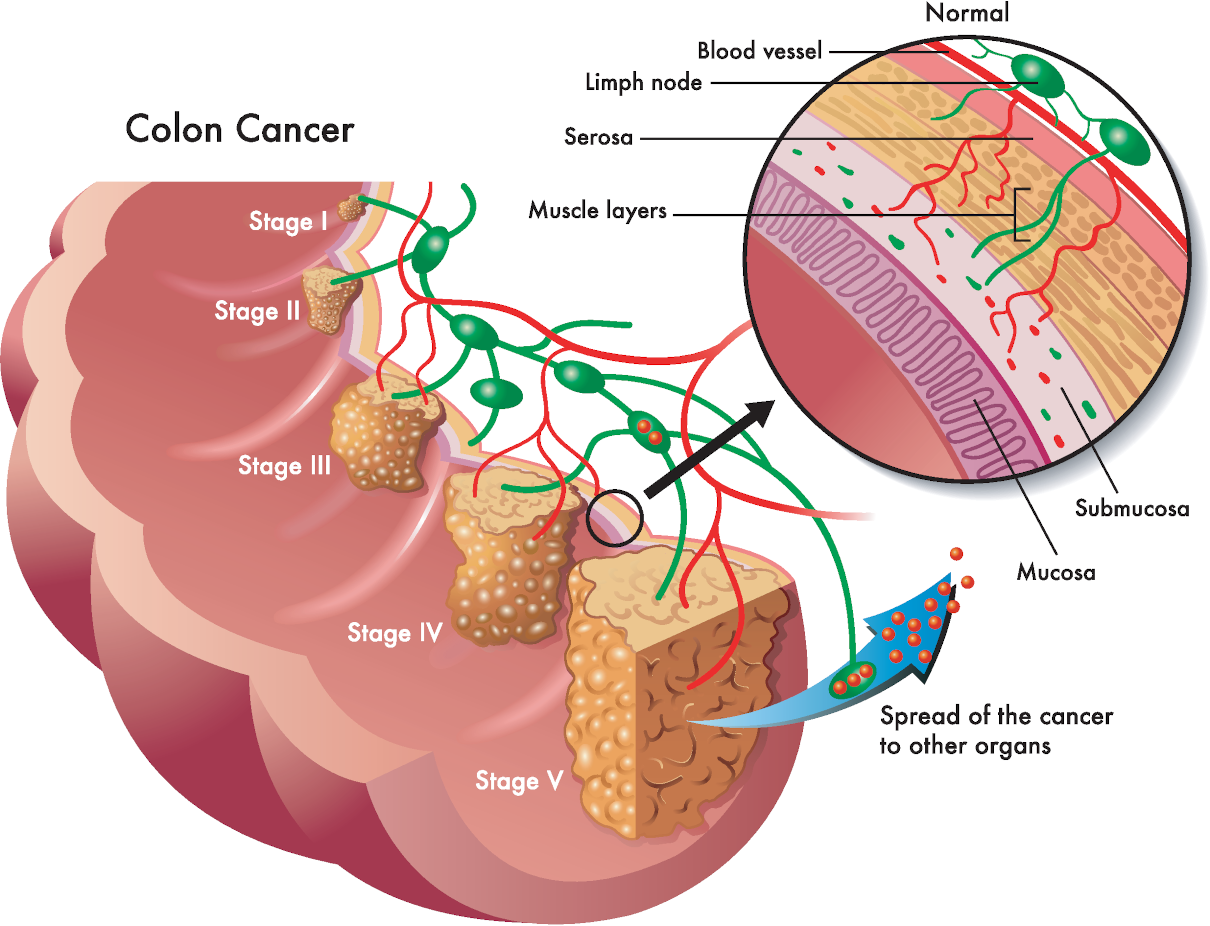
Gastroenteritis is a prevalent inflammatory disease of the stomach and intestines. Vomiting, diarrhoea, colic, weakness, and sometimes a temperature are his basic symptoms, which are familiar to many.
There are a lot of causes of gastroenteritis:
- Infectious agents (viruses, bacteria) and parasitic diseases;
- Food poisoning – the poisoning by toxins produced by bacteria as a result of their vital activity.
- side effects of taking certain medications (for example, non-steroidal anti-inflammatory drugs), radio and chemotherapy;
- malnutrition;
- a food allergy or intolerance to certain foods;
- stress.
Symptoms
Gastroenteritis can also be a symptom of certain diseases. The causative agents of infectious and parasitic diseases are released into the external environment along with faeces, often in large quantities. That is why the epidemic of intestinal infections spread so quickly and took a considerable number of lives. They enter the human body with contaminated food and water.
Therefore, non-observance of basic rules of personal hygiene and visits to public catering establishments that violate sanitary norms significantly increase the risk of contracting gastroenteritis.

Colonic irrigation with an anti-parasite implant
Experience holistic healthcare at its best with Parkland Natural Health. Colon hydrotherapy with an anti-parasitic implant and comprehensive consultation at Parkland Natural Health in London.
Gastroenteritis: symptoms and prevention
Symptoms of gastroenteritis vary depending on the cause of the disease. Infectious gastroenteritis usually appears suddenly. Vomiting, diarrhoea with or without blood and mucus, intestinal colic, fatigue, and fever (moderate or high) are classic signs of intestinal infections. Muscle pain and prostration can also accompany the disease.
Parasitic gastroenteritis usually causes chronic diarrhoea, in most cases without blood, except for amoebic dysentery. Fatigue and weight loss happen in instances when diarrhoea is severe.
Digestive disorders mainly accompany non-infectious gastroenteritis. Their effects can be minor (mild faeces, flatulence) or severe (severe diarrhoea, colic, weakness, weight loss, deterioration in general condition).
Results
Children, older adults and patients with an impaired immune system are the most vulnerable to these illnesses. As a result of severe vomiting, they can develop severe and life-threatening dehydration, along with many other serious complications. Moderate dehydration symptoms include a dry mouth, infrequent urination, and persistent fatigue. Such a case can be adjusted without hospitalisation, using a sufficient amount of fluid. Those with alarming signs of severe dehydration (cold extremities, drowsiness, almost nonexistent urination, frequent and shallow breathing) require urgent medical attention.
Colonic irrigation helps maintain the health of your intestines and prevents the development of serious pathologies.
Parasitic gastroenteritis usually causes chronic diarrhoea, in most cases without blood. Fatigue and weight loss happen in instances when diarrhoea is severe.

Anti parasitic colonic hydrotherapy with bicarbonate of soda
Parkland Natural Health offers colon hydrotherapy with an anti-parasitic implant and bicarbonate of soda as an anti-candida agent. It includes comprehensive consultation.











